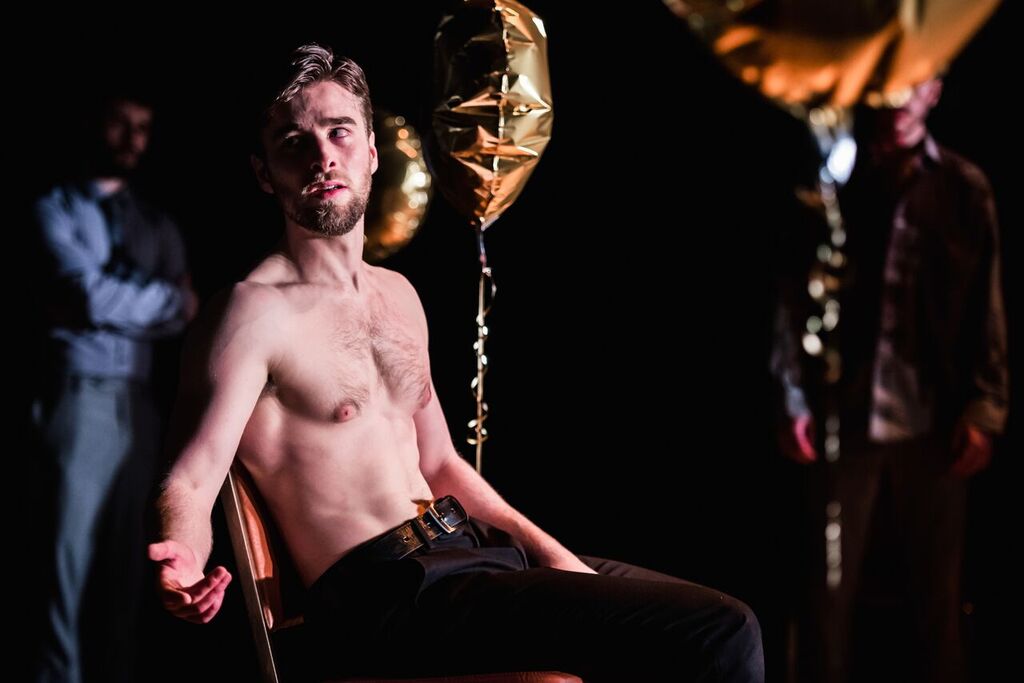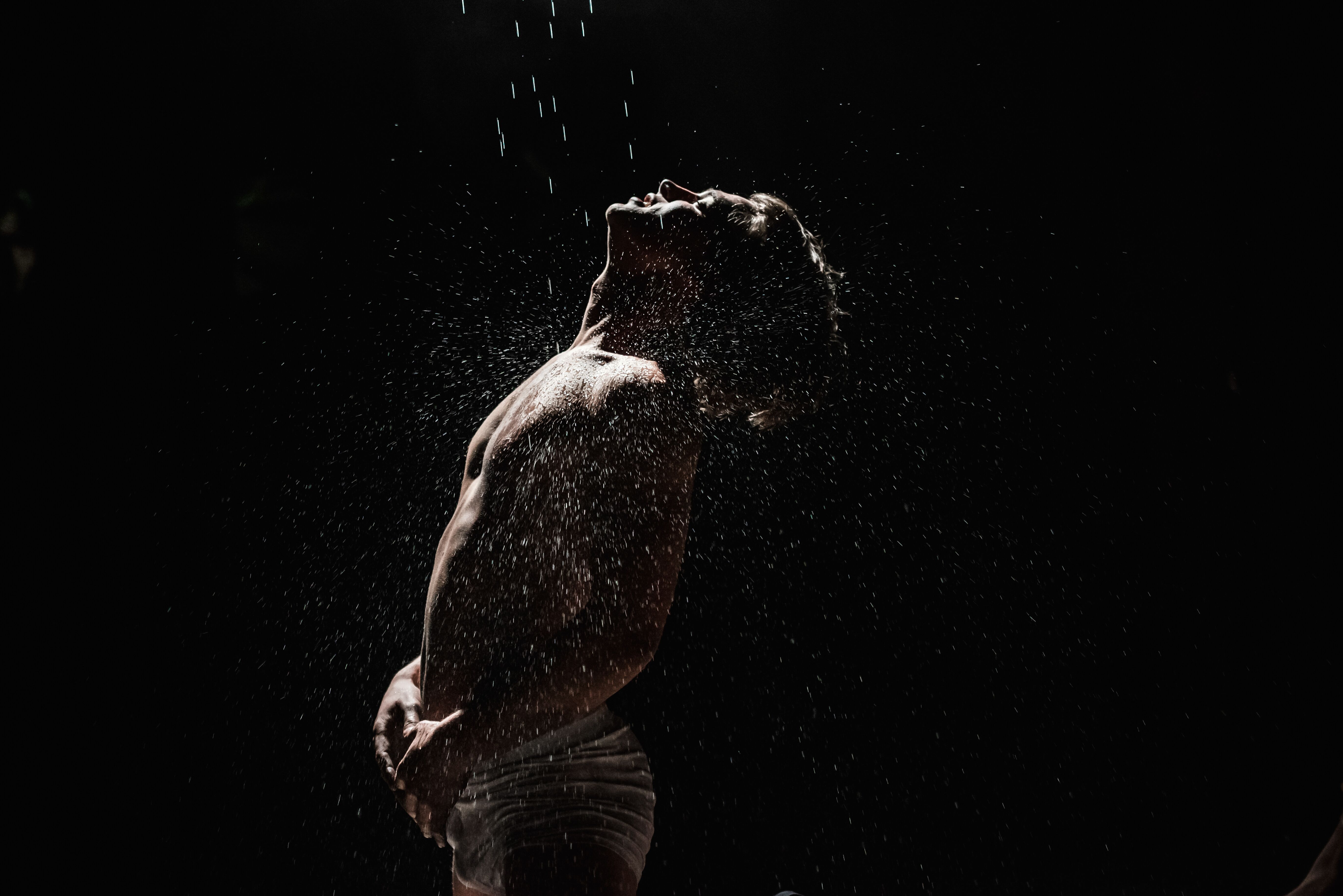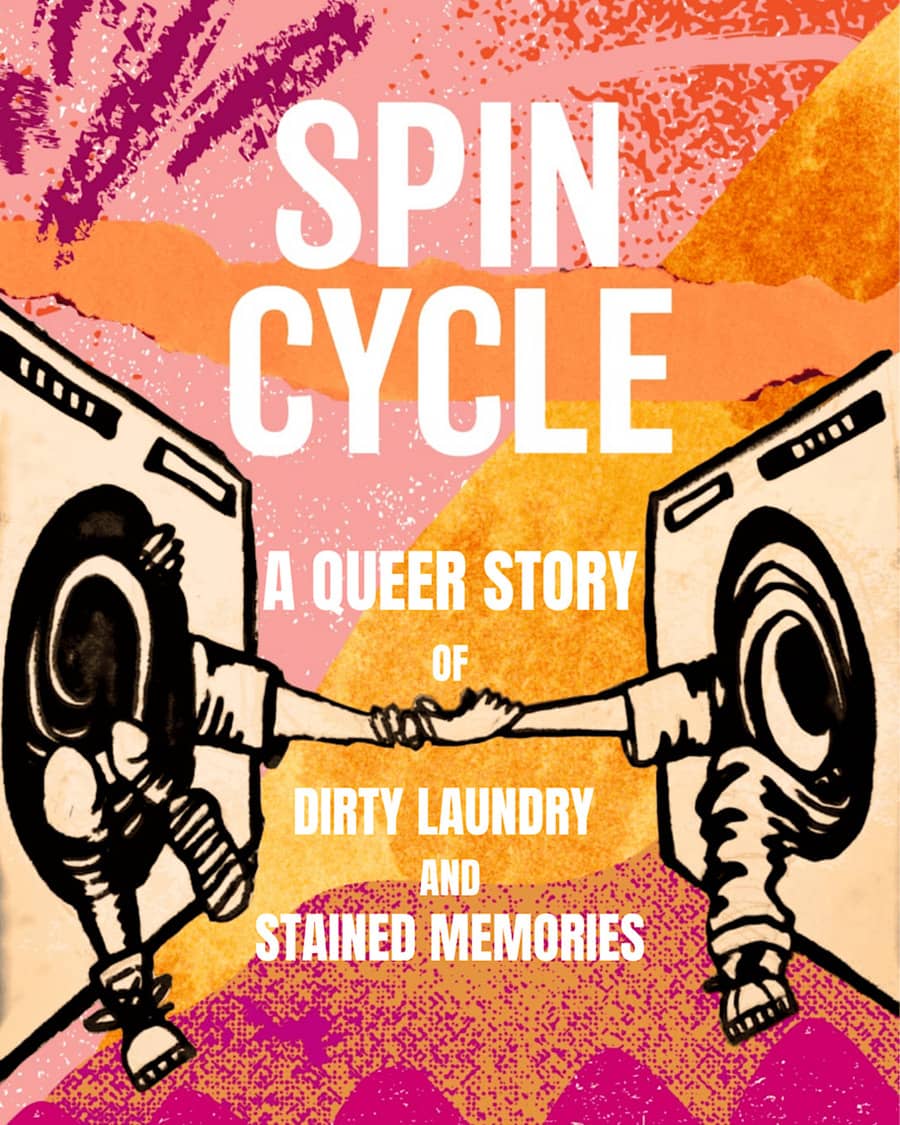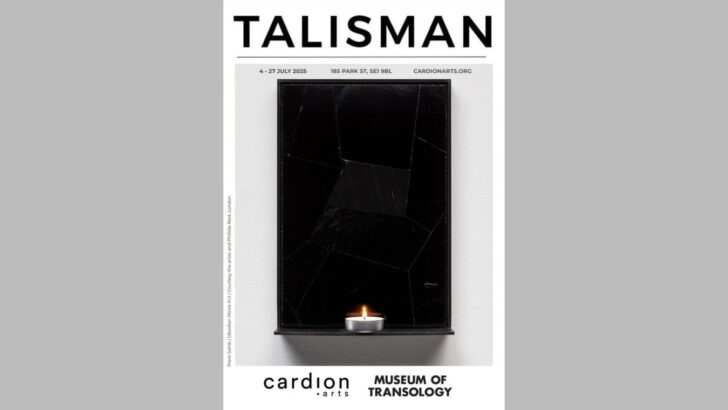★★☆☆☆ by Ifan Llewelyn
When it comes to Oscar Wilde’s legacy, his theatrical works are often lost in the overarching narrative of a man persecuted his society. His plays are often only looked to after you’ve tired of Dorian Grey, De Profundis and his Ballad of Reading Goal. For a man mostly known for his works’ languorous quality, Salome remains his most zestful work having been written rapidly in a Parisian hotel on a blank copybook. Though published in 1893, it wasn’t performed until three years later when Wilde was behind bars. A London production was in rehearsal in 1982, though came to a swift halt as it was banned since it was illegal to portray Biblical characters on stage. A century and a quarter later, to the stage of the Greenwich Theatre comes a daring take that puts production before performance.
Though not the first to do so, this gender-swapping adaptation turns Herod Antipas’ stepdaughter Salome into a stepson bringing a potent homoeroticism to the piece that queers it’s key players. Intrigued by the rantings of imprisoned prophet Jokanaan, prince Salome demands to meet him and is instantly infatuated. To the prince’s dismay, the prophet rejects his sexual advances he is thrown into a state of rage. Himself infatuated with his Salome and surrounded by dark omens, Herod says he will pay his stepson anything if he would dance for him. After performing the dance of the seven veils, Salome doesn’t hesitate to ask for what he desires most of all: Jokanaan’s head served on a silver platter.
Doing away with kitschy biblical-era costumes, this production has its company donning suits with the virginal Salome takes to the stage in a tight white suit. Taking a distinctly Brechtian approach the stage is bare save some large tables and a few chairs allowing the characters to play off each other. Unfortunately, with the exception of the play’s four principle players, little character is brought to many of the roles we see interacting.
As the young lustful Salome, the dashing Bailey Pilbeam is intriguing though not quite landing a definitive interpretation of the role. His shining moment is the dance of the seven veils, re-imagined as a striptease where shrouded in light he seductively takes off seven items of clothing. He is physically talented in commanding an audience’s attention with his sensual movements.

As any scholar of Wilde will tell you, his grasp of poeticism far exceeds his sense of the dramatic, and therefore in any production, it is his writing that should be taking priority. In taking one too many liberties with the introduction of expletives, “fuck”, and spirited grunts, mostly in Jamie O’Neill’s overly-animated portrayal of Herod, the work’s lyricism is lost. What is missing is a sense of Wilde’s prosody which gives the work rhythm and momentum, and in indulging in one too many dramatic pauses this production has a real problem keeping pace. Director and designer Ricky Dukes succeeded in bringing together a visually stunning piece of theatre, though perhaps not getting the most out of his cast.

Salomé is running at the Greenwich Theatre, Greenwich SE10 8ES until the 25th of May. Tickets available at GreenwichTheatre.org.uk.



















